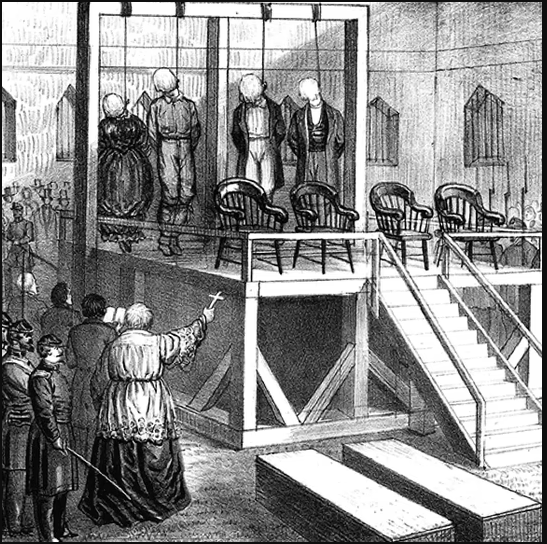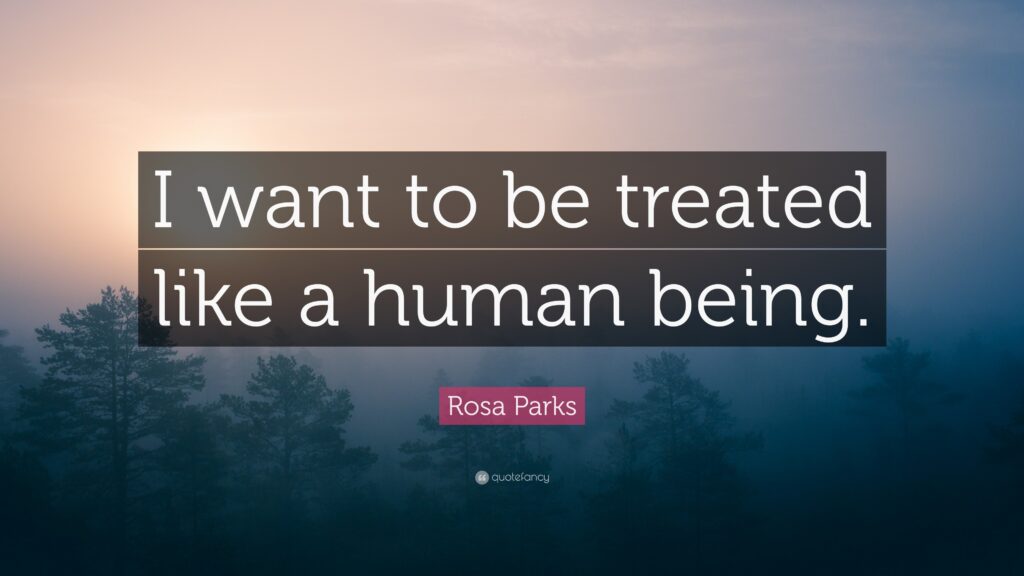Capital trials take a toll on jurors, too. The Rodney Reed case in Texas has become famous around the world. Reed is on death row, awaiting the results of new DNA testing, after being convicted of murder and sentenced to death in 1998. No juror has ever spoken out about the trial, even as the prosecution’s case has weakened over time. Two jurors have recanted their verdicts, but not “Melissa,” who asked that her name not be used. “I’m honored to have done my job for the state of Texas,” Melissa says, “even at the price of my own mental well-being.”
The justice system relies on ordinary citizens to fulfill the critical role of jurors. However, the passage highlights a dark side to this civic duty: the emotional toll capital punishment trials take on jurors, particularly those deciding on a life-or-death sentence. The Rodney Reed case in Texas exemplifies this burden, where a man awaits execution while doubts about his guilt grow, leaving jurors grappling with the consequences of their decision.
The passage emphasizes the immense pressure jurors face during capital trials. They are tasked with a weighty responsibility – determining the fate of another human being. The specter of the death penalty adds another layer of stress, forcing them to grapple with irreversible consequences. This psychological strain can be immense, as evidenced by “Melissa’s” statement. While she expresses a sense of honor in fulfilling her civic duty, the hidden cost is her “own mental well-being.”
This raises ethical questions regarding the death penalty. Is it right to subject jurors to such psychological trauma in the name of justice? “Melissa’s” experience highlights the potential conflict between fulfilling one’s civic duty and safeguarding one’s own mental health. Should the potential psychological harm to jurors be a factor when considering the ethics of capital punishment?
The Rodney Reed case adds another dimension to the discussion. Here, new evidence casts doubt on the original verdict, raising concerns about the fairness of the trial. The silence of other jurors further complicates the issue. While two jurors have recanted, the majority remain silent. Is anonymity for jurors necessary? While it protects them from harassment, it also hinders transparency and accountability. Finding a balance between juror protection and the public’s right to understand the decision-making process is crucial.
In conclusion, the passage sheds light on the hidden cost of capital punishment – the emotional toll it takes on jurors. The Rodney Reed case serves as a stark reminder of the potential for error and the lasting impact on those involved. Moving forward, a robust discussion is needed on the ethics of the death penalty, particularly regarding the well-being of jurors and the importance of transparency in the justice system. Only through such critical examination can we ensure that justice is truly served, without exacting such a heavy price from those who uphold it.






